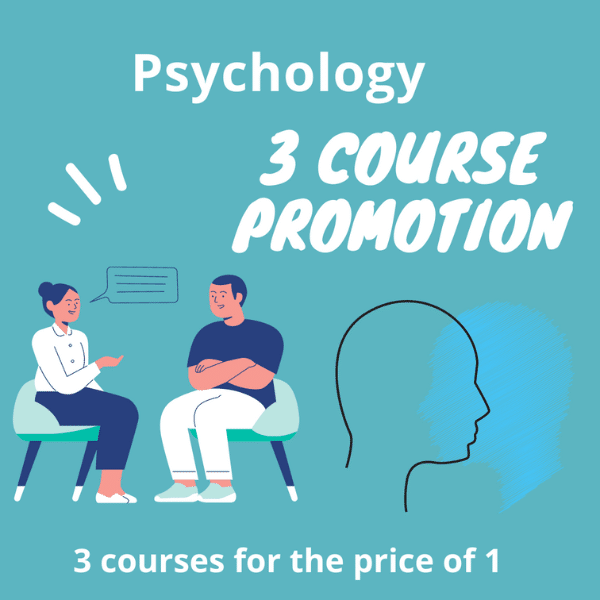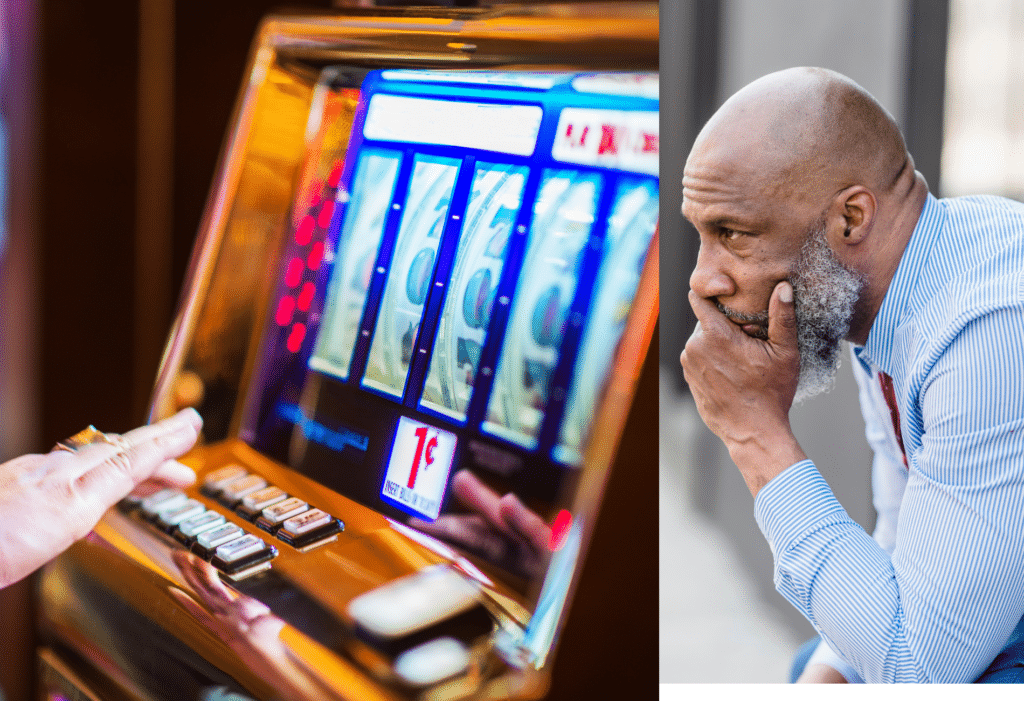Overcoming Gambling Addiction
Table of Contents
- What Is Gambling Addiction?
- Signs of Gambling Addiction
- The Impact of Gambling Addiction
- The Denial Process in Gambling Addiction
- Ambivalence in Gambling Addiction
- 10 Tips for Successful Relapse Prevention
- Steps to Overcome Gambling Addiction
- How Loved Ones Can Help
- When to Seek Professional Support
What Is Gambling Addiction?
Gambling addiction, or gambling disorder, is a condition where a person feels an uncontrollable urge to gamble, despite negative consequences. Unlike casual gamblers who can stop at will, individuals with a gambling addiction often find it hard to control their behavior.
This disorder not only affects finances but also mental health and relationships. Understanding gambling addiction is the first step toward seeking effective solutions.
Signs of Gambling Addiction
Gambling addiction can manifest in various ways, and recognizing the symptoms early is critical.
Some common signs include:
- Spending excessive time gambling and neglecting responsibilities.
- Hiding gambling activities from loved ones.
- Increasing bets to maintain the excitement.
- Experiencing guilt or regret after gambling but continuing the behavior.
If you or someone you know displays these signs, taking action early can prevent further harm.
The Impact of Gambling Addiction
The effects of gambling addiction can be devastating and extend beyond financial losses.
Financial Strain
Many people with gambling addiction accumulate debt, max out credit cards, or sell possessions to continue gambling. This financial instability can lead to bankruptcy or legal issues.
Emotional Consequences
Compulsive gambling is closely linked to mental health struggles. Feelings of shame, anxiety, and depression are common, and in severe cases, individuals may experience suicidal thoughts.
Relationship Breakdown
The secrecy and financial strain caused by gambling often lead to arguments and mistrust among family members. Over time, this can damage relationships and lead to isolation.
The Denial Process in Gambling Addiction
Denial is a significant barrier in gambling addiction, as individuals often minimize or ignore the extent of their problem. This psychological defense mechanism protects them from confronting painful truths about their behavior and its consequences. Denial can take many forms, shaped by different types of thought processes:
- Minimization: The gambler downplays the seriousness of their problem. They might think, “I don’t gamble that much,” or compare themselves to others who they perceive as worse.
- Rationalization: This involves justifying gambling as logical or necessary. Common examples include, “I need to win back what I lost,” or, “I’m only gambling to relieve stress.”
- Blame-Shifting: The individual attributes their gambling to external factors, such as financial pressures, work stress, or relationship problems, saying, “If life wasn’t so hard, I wouldn’t gamble.”
- Selective Memory: Focusing on past wins while ignoring or forgetting losses reinforces the belief that gambling is worth the risk.
- Avoidance Thinking: Refusing to engage with concerns or warnings from others, with thoughts like, “I don’t have a problem,” or outright ignoring financial difficulties.
Breaking through denial is a crucial step in recovery. Therapy can help individuals confront these thought patterns, understand the harm they’re causing, and develop healthier coping mechanisms.
Ambivalence in Gambling Addiction
Ambivalence is a common experience in gambling addiction, referring to the conflicting feelings individuals often have about their behavior. A person with gambling addiction may simultaneously recognize the harm caused by their gambling yet feel unable or unwilling to stop. This internal conflict can be paralyzing, as the desire to quit clashes with the perceived benefits or emotional relief gambling provides.
For many, gambling becomes a coping mechanism for stress, anxiety, or depression, making the idea of giving it up feel like losing a source of comfort. At the same time, the negative consequences—such as financial strain, relationship problems, and emotional distress—create guilt and a desire to change.
Addressing ambivalence is a crucial step in recovery. Techniques like Motivational Interviewing help individuals explore their mixed feelings, resolve internal conflicts, and strengthen their commitment to making positive changes. Recognizing ambivalence is not weakness but a natural part of the change process.
10 Tips for Successful Relapse Prevention
- Understand Your Triggers
Identify specific situations, emotions, or environments that make you want to gamble. Common triggers include stress, boredom, or financial struggles. - Develop a Strong Support Network
Surround yourself with friends, family, or support groups who encourage your recovery and hold you accountable. - Create a Relapse Prevention Plan
Write down strategies to manage triggers, alternative activities, and emergency contacts for when cravings strike. - Set Clear Goals
Define short- and long-term goals for your recovery. Achieving them will build confidence and motivation to stay on track. - Avoid High-Risk Situations
Steer clear of places or events where gambling occurs. If online gambling is an issue, block access to gambling websites. - Practice Stress Management
Use techniques like mindfulness, exercise, or deep breathing to cope with stress instead of turning to gambling. - Keep Busy with Positive Activities
Engage in hobbies, volunteer work, or learning new skills to fill your time and focus on personal growth. - Monitor Finances Closely
Limit access to money by setting budgets, giving control of finances to a trusted person, or using apps to block gambling transactions. - Learn from Slip-Ups
If a lapse occurs, don’t view it as a failure. Reflect on what happened, identify what you can do differently, and recommit to recovery. - Stay Committed to Therapy or Meetings
Attend regular sessions with a therapist or join support groups like Gamblers Anonymous to maintain accountability and receive ongoing support.
Consistency in applying these tips will significantly reduce the risk of relapse and help maintain a balanced, addiction-free life
Steps to Overcome Gambling Addiction
Recovery from gambling addiction requires a structured approach. Here are some practical steps:
- Acknowledge the Problem: Admitting there’s an issue is the first and most crucial step.
- Set Limits: Create strict boundaries for spending and time dedicated to gambling.
- Seek Support Groups: Joining organizations like Gamblers Anonymous can provide valuable encouragement.
- Find Healthy Alternatives: Replace gambling with hobbies or activities that bring joy and relaxation.
- Block Access to Gambling Platforms: Use self-exclusion tools or software to prevent gambling.
Taking these steps consistently can lead to a healthier, addiction-free life.
How Loved Ones Can Help
Supporting someone with a gambling addiction can be challenging, but your involvement is crucial to their recovery.
Here’s how you can help:
- Communicate Openly: Encourage honest discussions without judgment.
- Offer Practical Assistance: Help manage finances or find professional resources.
- Avoid Enabling Behavior: Don’t cover debts or make excuses for their gambling.
Being patient and understanding can make a significant difference, but it’s also essential to set boundaries to protect your own well-being.
When to Seek Professional Support
While self-help strategies are important, professional support is often necessary for long-term recovery. Cognitive Behavioral Therapy (CBT), for instance, has proven highly effective in helping individuals identify and change harmful thought patterns.
Additionally, counseling can provide tailored strategies to address the root causes of gambling addiction. Many professionals offer online and in-person sessions, making it easier than ever to access help.
FAQs
1. What causes gambling addiction?
Gambling addiction can stem from a combination of factors, including genetic predisposition, environmental influences, and mental health conditions such as anxiety or depression.
2. Can gambling addiction be cured?
While there’s no outright cure, gambling addiction can be managed successfully with therapy, support groups, and lifestyle changes. Many individuals go on to live fulfilling, addiction-free lives.
3. How do I stop gambling for good?
Stopping gambling requires a commitment to change. This includes acknowledging the problem, seeking professional help, joining support groups, and building a strong support network of friends and family.







